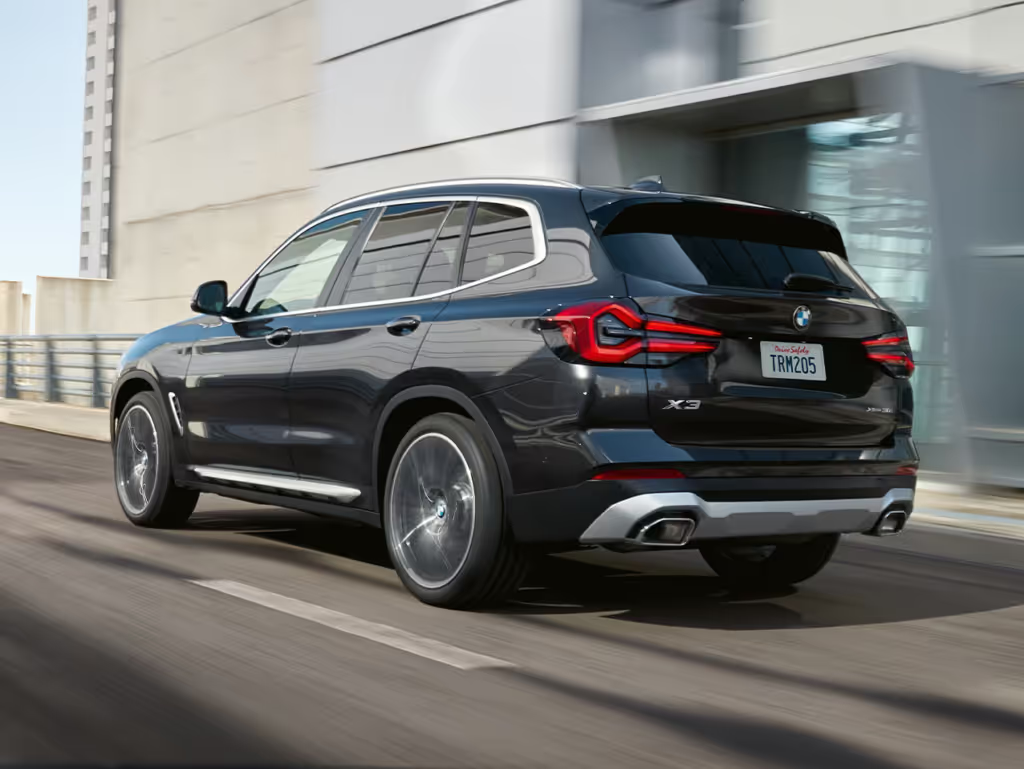8 Easy Ways to Become a More Eco-Friendly Driver
Auto Shops Located in: Chapel Hill, Durham, Taleigh, Apex, and Cary North Carolina

As 2020 comes to a close, we are also reaching the end of the UN Decade on Biodiversity. Sustainability within the automotive industry is essential to protecting our planet, and we can all do our part to advance global environmental efforts. Sustainable driving practices can also help save you money on gas and stay safe on the road. Here is a closer look at eight easy ways to become a more sustainable driver.
Avoid Aggressive Driving
Aggressive driving patterns can significantly drop your fuel economy. This includes rapid acceleration, excessive speeding, and abrupt braking. While many drivers think that speeding improves fuel economy, most cars will begin to experience a decline in efficiency when driving above 50-60 miles per hour. According to the US Department of Energy, aggressive driving can decrease your fuel economy by up to 40%. Adopting more steady driving habits can help you stay safer on the road while benefiting your wallet and the environment.
Watch Out For Low Tire Pressure
Tire pressure is essential to monitor year-round, but this task becomes especially important during the colder months. Cold weather compresses the air within your tires, which can quickly lead to low tire pressure. Have you ever ridden a bike with deflated tires? It consumes much more energy than when you are working with properly inflated tires. This same logic applies to your tires—your vehicle will use more fuel without sufficient tire pressure. Deflated tires also impact your tire protection and vehicle handling. Tire pressure is easy to check and maintain on your own. You can also score free tire pressure checks and refills when you get your oil changed at Chapel Hill Tire.
Maintenance Services
Your vehicle requires a variety of care routines to stay efficient and protected. Keeping up with these services will help you avoid poor fuel economy. Popular efficiency-boosting vehicle services include regular oil changes, maintenance fluid flushes, and air filter changes.
Strategic Driving
Stop-and-go traffic is not only frustrating, but it also takes a hit on your fuel economy. Strategically planning your commute can save you time, money, and trouble while helping you become a more eco-friendly driver. Here are some examples of strategic commuting:
- Use responsive GPS apps that will route you around any accidents or traffic jams.
- If possible, ask your work if you can arrive and leave early to beat the rush hour.
- When available, run your errands during low-traffic windows.
Fuel Efficient Tire Tread
Your tire tread is responsible for gripping the road, giving you the traction you need to accelerate, steer, and stop your vehicle. More traction also means more road resistance, which can significantly increase your fuel consumption. Fuel-efficient tires are made with tread patterns designed for low rolling resistance. The next time you need new tires, you can explore the efficiency features on all of the tires available for your vehicle to find the ones that best meet your needs.
Lighten the Load
If you tend to leave heavy cargo in your car, it can be easy to forget about the impact that the extra weight can have on your fuel economy. The weight of your cargo can increase inertia (road resistance), which will force your vehicle to work harder during your commute. Data by AutoSmart suggests that removing just 22 pounds of cargo from your car can save you an estimated $104 in gas costs each year. Anything you can do to lighten the load on your vehicle will help you reduce your emissions. Consider unloading any sporting gear, work equipment, or other cargo when it is not in use. You can also lighten this load by removing your bike or utility rack from your trailer hitch during the colder months.
Carpooling During Commutes
While it may be the oldest solution in the book, it is also one of the most effective: carpooling. If you have the opportunity to carpool to school or work, you can cut down on the road traffic and lessen your overall emissions. To promote this sustainable transportation, many states are beginning to introduce carpool lanes that are restricted from solo drivers. As such, you may get a quicker commute when you engage in this eco-friendly practice.
Visit an Environmentally-Friendly Mechanic
Being sustainable within the automotive industry can be challenging; however, partnering with the right experts can make it easier. Look for a car care professional who specializes in sustainability. For example, you can visit an expert who offers non-lead wheel weights and E.F.O. (Environmentally Friendly Oil) changes. These types of mechanics also often specialize in servicing eco-friendly vehicles.
Eco-Friendly Car Care | Chapel Hill Tire
Chapel Hill Tire was the first-ever mechanic in the Triangle to offer Environmentally Friendly Oil Changes and non-lead wheel weights. We continually adapt to meet the highest standards in automotive sustainability. For all of the services you need to remain an eco-friendly driver, the experts at Chapel Hill Tire are here for you. We proudly serve drivers throughout the greater Triangle area through our nine mechanic locations—including those in Raleigh, Durham, Apex, Carrboro, and Chapel Hill. Make your appointment here online today!















